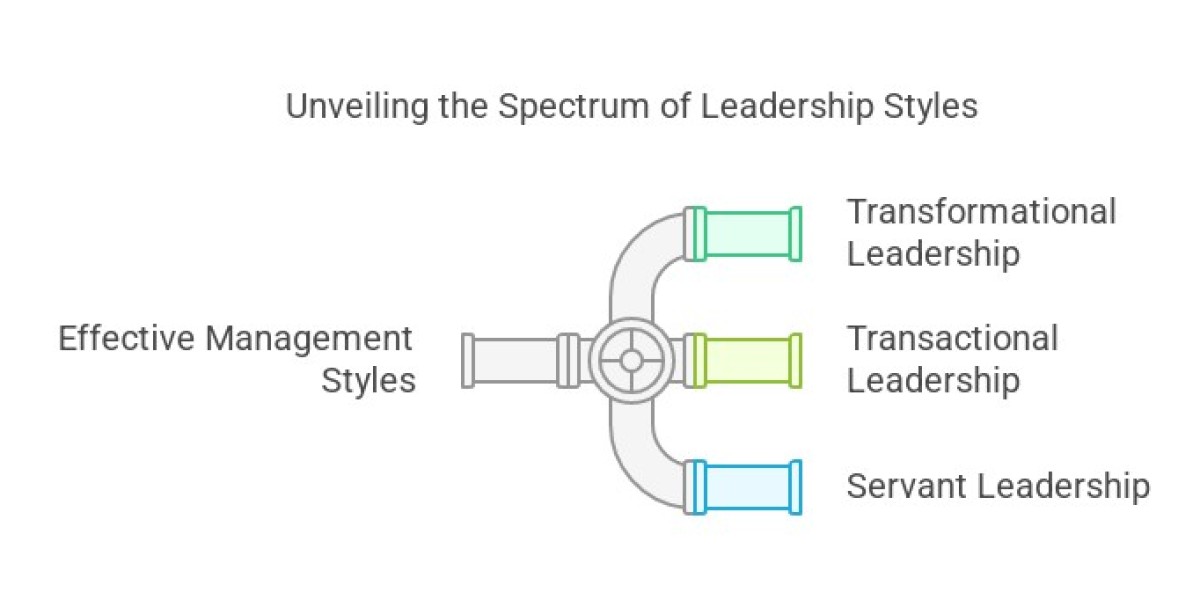Unlocking the Journey: Essential Milestones from Conception to Delivery
Pregnancy is a profound journey that transforms lives, marking a significant transition for expectant parents. Understanding the timeline from conception to delivery is crucial, as each phase brings unique milestones and experiences. This journey is not just about the physical changes a woman undergoes; it also encompasses emotional shifts, lifestyle adjustments, and the building of anticipation for the new life on the way. Whether you're a first-time parent or adding to your family, knowing what to expect during this period can help you navigate the challenges and joys that come with it. From the moment of conception to the day you hold your baby in your arms, each step is not just a milestone but a cherished memory waiting to unfold.

Understanding Conception
Conception is the moment when life begins, a miraculous process that occurs when a sperm fertilizes an egg. This typically happens during ovulation, about two weeks after the start of a woman's last menstrual period. When the sperm successfully penetrates the egg, it forms a zygote, which begins the journey of cell division and growth. This stage is significant because it marks the official start of pregnancy. Many women may not even realize they are pregnant during this early time. It’s a moment filled with potential and hope; a close friend of mine shared how she felt an overwhelming sense of joy and disbelief when she discovered she was pregnant. Understanding conception is vital as it sets the stage for the months to come, laying the foundation for the development of the embryo and ultimately the baby.
First Trimester: Weeks 1-12
The first trimester is a period of rapid development and change. During these initial weeks, the embryo develops into a fetus, with crucial organs forming and beginning to function. Many women experience early pregnancy symptoms such as nausea, fatigue, and mood swings, which can be overwhelming. It’s essential to make lifestyle adjustments during this period, including adopting a balanced diet and starting prenatal vitamins. One of the most exciting milestones is the first ultrasound, typically conducted around the 8-week mark, where parents can see the tiny heartbeat for the first time. This experience often brings a sense of reality to the pregnancy, transforming hopes and dreams into tangible moments. Attending prenatal care appointments becomes increasingly important, as healthcare providers monitor the progress and health of both mother and baby, ensuring a smooth transition into the next stage.
Second Trimester: Weeks 13-27
The second trimester is often referred to as the "golden period" of pregnancy. Many women find that early pregnancy symptoms begin to fade, energy levels increase, and they start to show a baby bump. During these weeks, the baby undergoes significant growth, and expectant parents often have the opportunity to learn their baby's gender during an anatomy scan. This milestone is celebrated with excitement, as friends and family come together for gender reveal parties. Another notable moment is when mothers begin to feel fetal movements, which can be both thrilling and reassuring. My sister described how she felt a sense of connection with her baby when she first felt those little kicks. The second trimester is also vital for maternal health, as regular check-ups and monitoring help ensure that both mother and baby are thriving.
Third Trimester: Weeks 28-40
As pregnancy progresses into the third trimester, expectant mothers may experience a mix of excitement and anxiety as delivery approaches. This stage is marked by significant physical and emotional changes, including increased discomfort and nesting instincts. Preparing for labor becomes a priority, with many parents enrolling in prenatal classes to better understand the birthing process. Monitoring fetal movements is crucial during this time; healthcare providers often advise mothers to keep track of kick counts to ensure the baby is active and healthy. As my friend prepared for her third child, she emphasized the importance of surrounding herself with a supportive network to share experiences and advice. This trimester is a time for reflection and preparation, as parents ready themselves for the monumental life change that awaits.
Delivery: What to Expect
Delivery is the culmination of the pregnancy journey, bringing both anticipation and apprehension. Expectant parents should be aware of the signs of labor, such as regular contractions and the breaking of water, which indicate that the baby is on the way. There are various birthing options available, including natural childbirth, epidurals, and cesarean sections, and discussing these choices with healthcare providers can help alleviate concerns. The role of healthcare professionals is critical during this time, as they provide guidance, support, and reassurance. The emotional aspects of childbirth can be intense; the experience of bringing a new life into the world is filled with joy, relief, and love. As my neighbor shared, the moment she held her baby for the first time was indescribable, a moment that transformed her life forever.
Embracing the Journey of Parenthood
Understanding the journey from conception to delivery is essential for expectant parents. Each milestone, from the initial moment of conception to the thrilling experience of childbirth, is filled with unique challenges and joys. Embracing this journey with an open heart and seeking support when needed can make a significant difference. As you prepare for this incredible adventure, remember to cherish each moment, for they will soon become cherished memories that you’ll hold close for a lifetime. Whether it’s the first ultrasound, feeling those first kicks, or the overwhelming love during delivery, each step is an integral part of the beautiful experience of bringing new life into the world.



